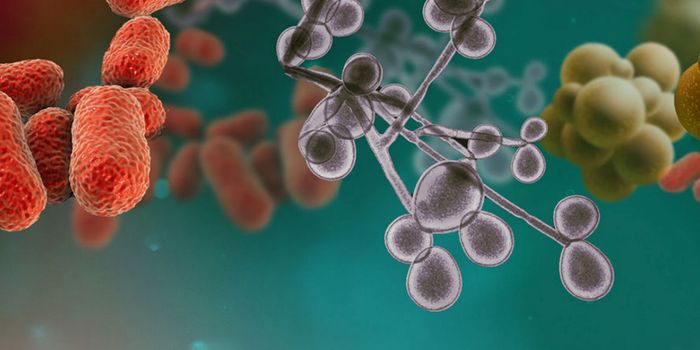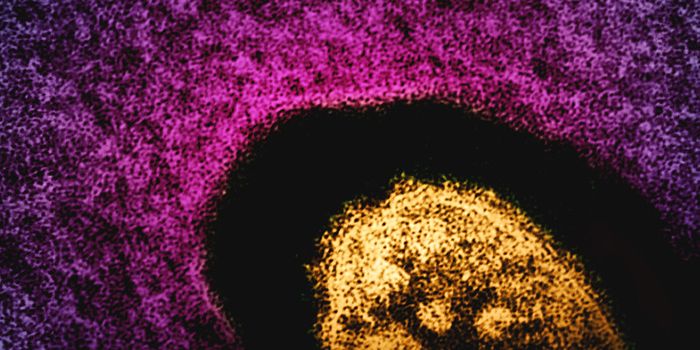Chronic Cannabis Use, Oral Microbiomes and the Link to Brain Disorders
Long-term cannabis smoking can increase the risk of altering oral health and consequently brain heath. A recent study of cannabis’s effects on oral microbiomes found a correlation between chronic cannabis intake and increased levels of the bacteria Actinomyces meyeri. Researchers suspect that altering the oral microbiome causes underlying conditions for certain neurological disorders like dementia. Analysis of mouse saliva indicated that the disruption of the oral microorganisms led to increased migration of macrophages into the brain, and increased levels of beta-amyloid protein. Previous research studies found that elevated beta-amyloid protein levels were associated with impaired brain function, but this newly published study highlights the role cannabinoid consumption plays in modifying brain chemistry.
Smoking cannabis reduces the microbial diversity and good bacteria in the mouth which then increases the macrophages, which usually detect and destroy harmful organisms, that mistakenly trigger an autoimmune response in the brain characterized by inflammation. An overview of how THC’s anatomy affects the salivary glands sheds light on the oral microbiomes’ role in altering brain functioning. The salivary gland has a significant number of cannabinoid receptors. THC binds to these receptors and decreases saliva production. Researchers at The Medical University of South Carolina found that chronic cannabis consumption resulted in behavioral changes and increased beta-amyloid protein production in the brain. THC may have the same impact on saliva composition whether it is consumed by smoking or eating cannabis, but more research on oral microbiomes is needed to determine if there is a difference in risk factors associated with these two routes of administration.
Medical University of South Carolina immunologist Wei Wang, who led this study or oral microbiomes and cannabis use, stated, “That’s a puzzle. In general, people think that if you activate macrophages and they migrate to the brain, they produce proinflammatory signals that result in brain inflammation and eventually brain dysfunction. However, brain dysfunction can also occur without the conventional inflammatory signals.” His comments suggest future research will explore the function of cannabinoids in immune responses involved in gut-brain communication.
Sources: Eureka Science News Alert, EBioMedicine, Nature, NIH









